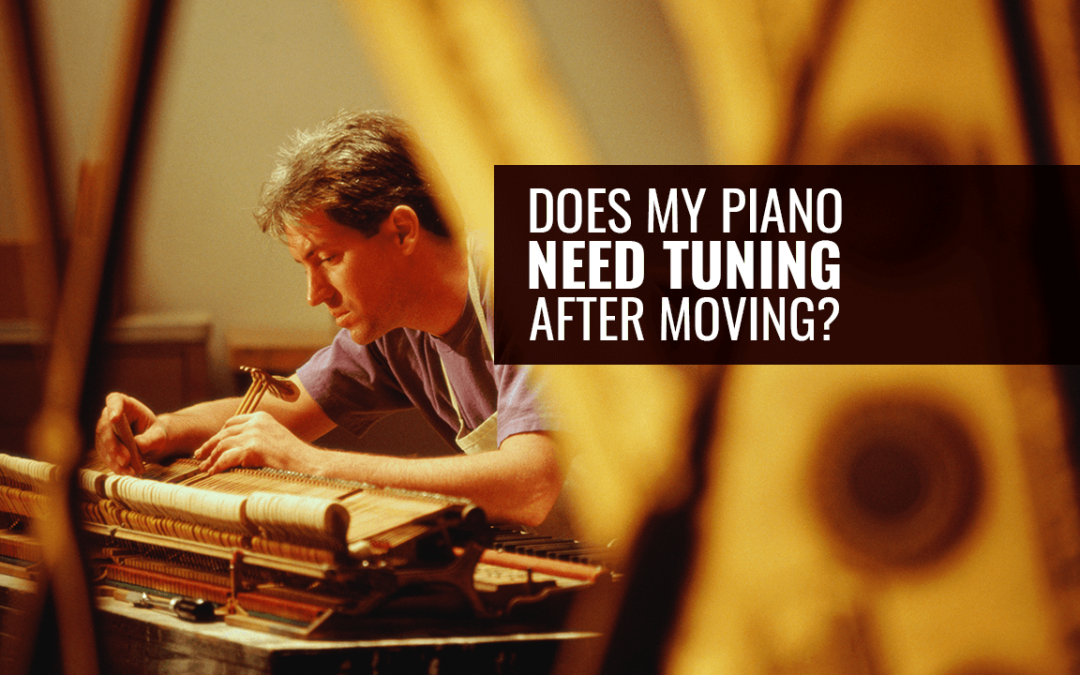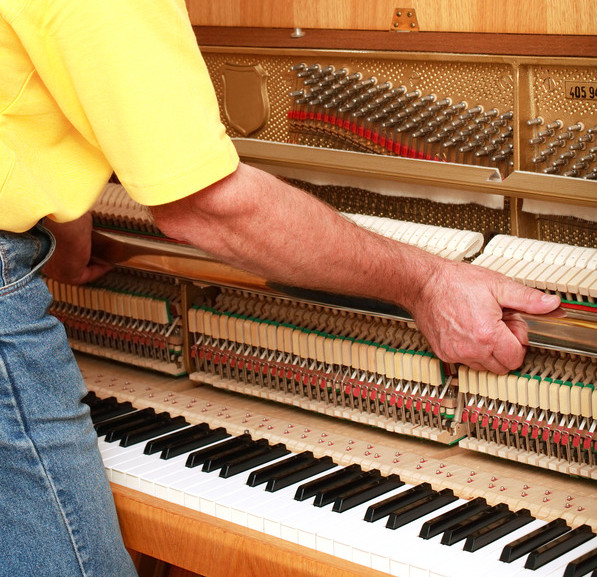A piano is a very delicate and finicky instrument, which isn’t always apparent to people due to its enormous size.
There is an art of the balance on the inner workings of the piano which is crucial to its sound and who the piano performs. Climate, humidity, movement, and time can all play a part in tampering with the delicacy of the piano.
There are some important things to take into consideration while you are moving in regards to the sound quality and upkeep of your piano. One of the most common questions we receive is does my piano need tuning after moving?
Here is some professional insight and tips on how to maintain your piano before, during, and after a move.
Humidity and Temperature
Pianos are so delicate and prone to moving risks that the change in temperature or weather conditions can instantly change the condition of your piano.
While we are talking about the inside workings of your piano, this also can apply to the outside appearance of the piano, too. Humidity is probably the number one threat factor for your soundboard and the wood your piano is made of. The change in humidity levels can cause you soundboard to expand and shrink, which will have a negative effect on your strings (what gives the piano its sound).
The room your piano is stored in also can play a difference. Whether it is air conditioned, or a stuff old room where the changes in humidity can creep in can all play a part in the quality of your piano sound.
Tune Your Piano Regularly
Every piano needs to be tuned every once in a while, and moving is the perfect excuse to make sure your piano is in tip-top shape.
You can think of tuning like maintenance for your car. You don’t have to do it every month, but usually about 3,000-5,000 miles to get the tires rotated, oil changed, vacuumed, etc. It is the same for your piano. In order to keep it in good condition and maintain quality that will last a long time, you need to put in the effort for the little checkups along the way.
To answer the earlier question, “Does my piano need tuning after moving,” it depends.
The huge factor onto whether or not you should tune your piano beforehand is the change in climate. We recommended that after moving your piano into your new home, you let it sit for awhile and allow the strings and soundboard of the piano to adjust to the new atmosphere. You could be wasting a tuning session if you do it too soon after the move.
If you are still unsure about piano tuning or are seeking professional piano moving services, contact West Coast Moving & Storage. We are readily available to offer advice in all areas regarding pianos and moving.


